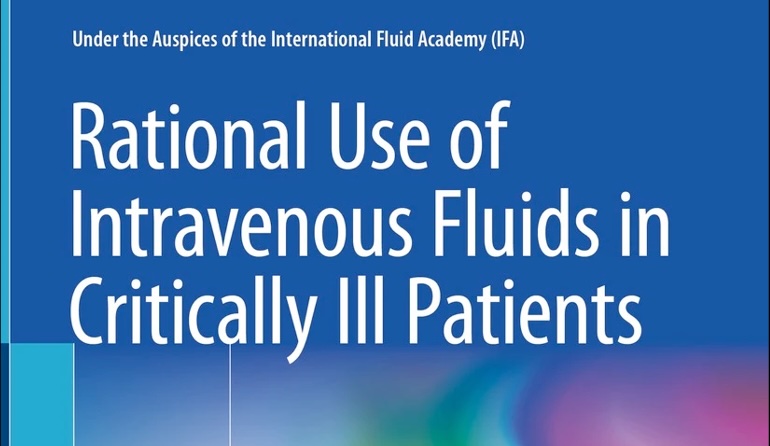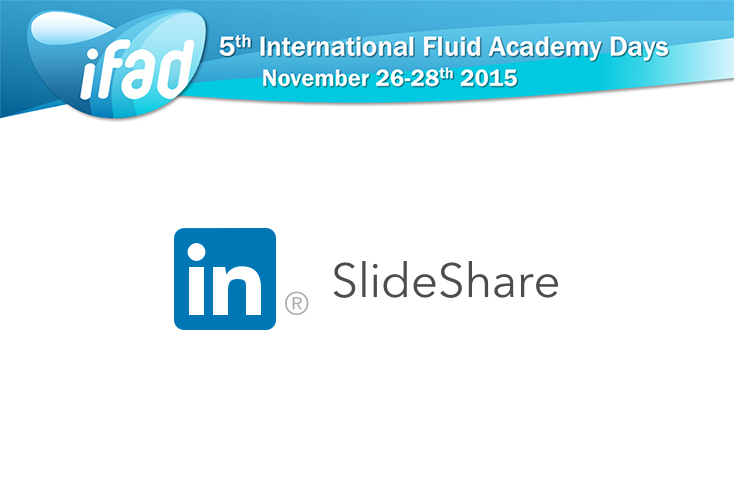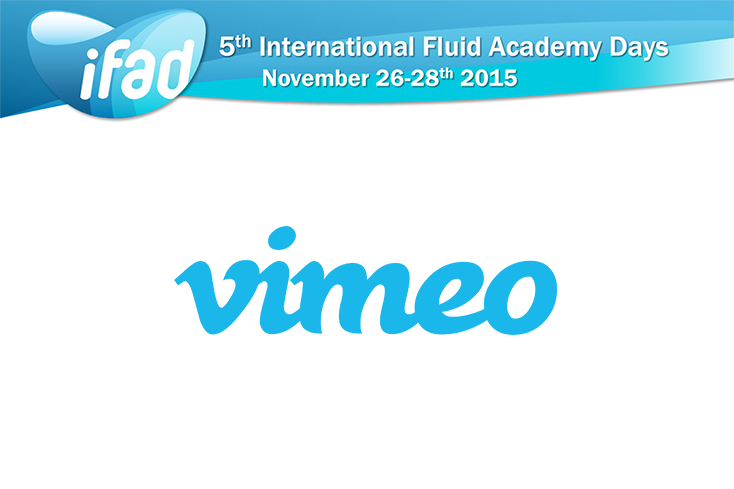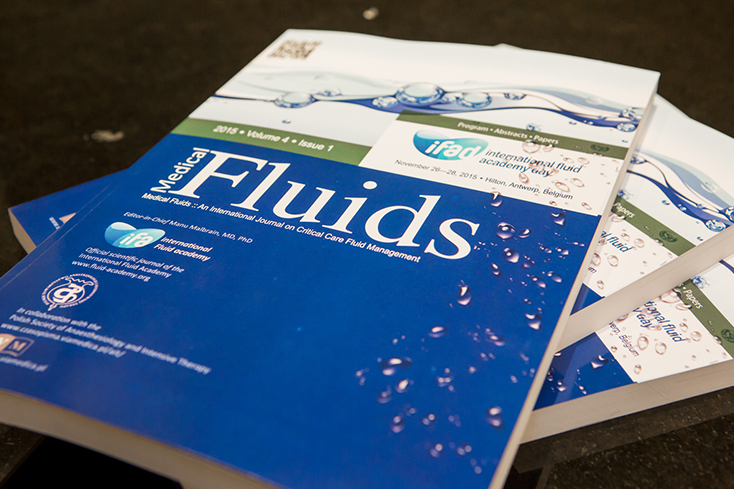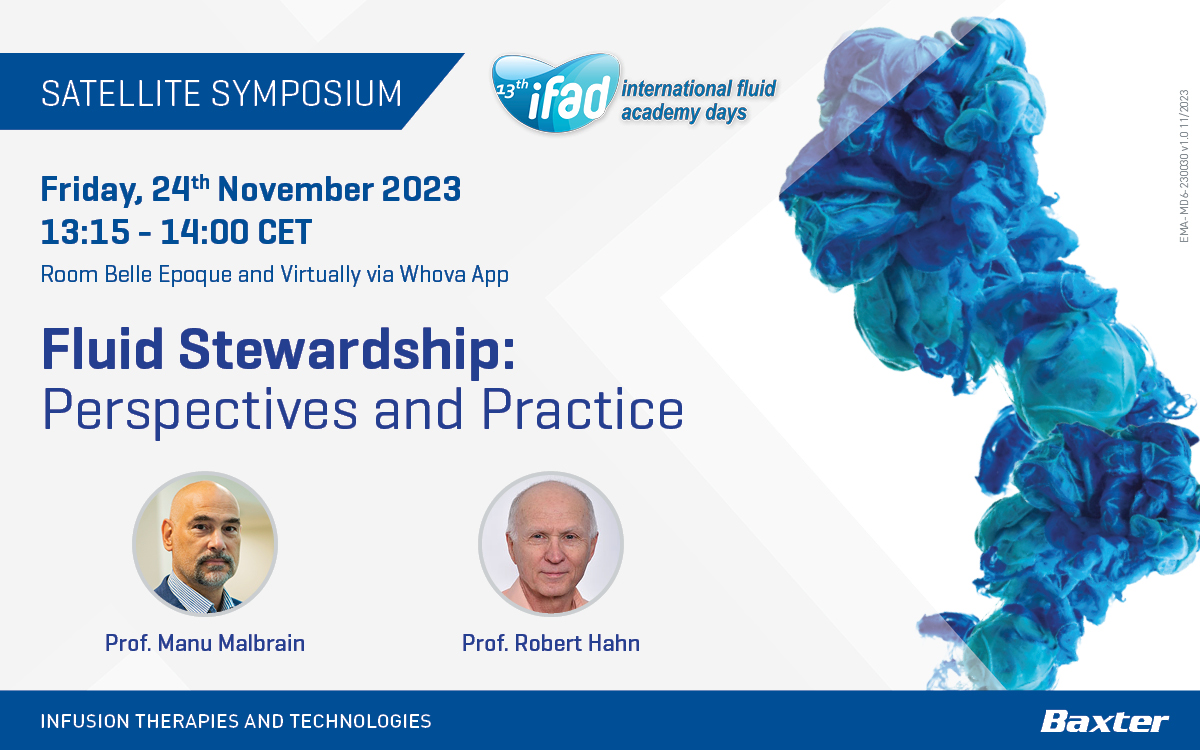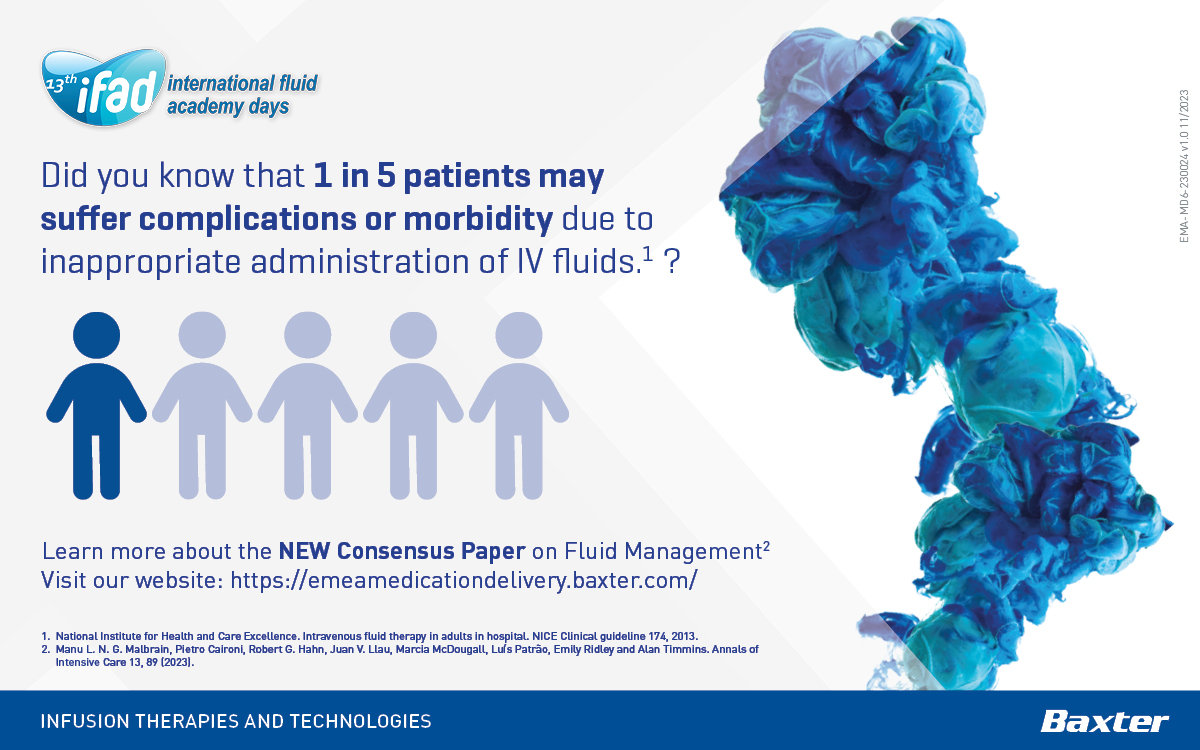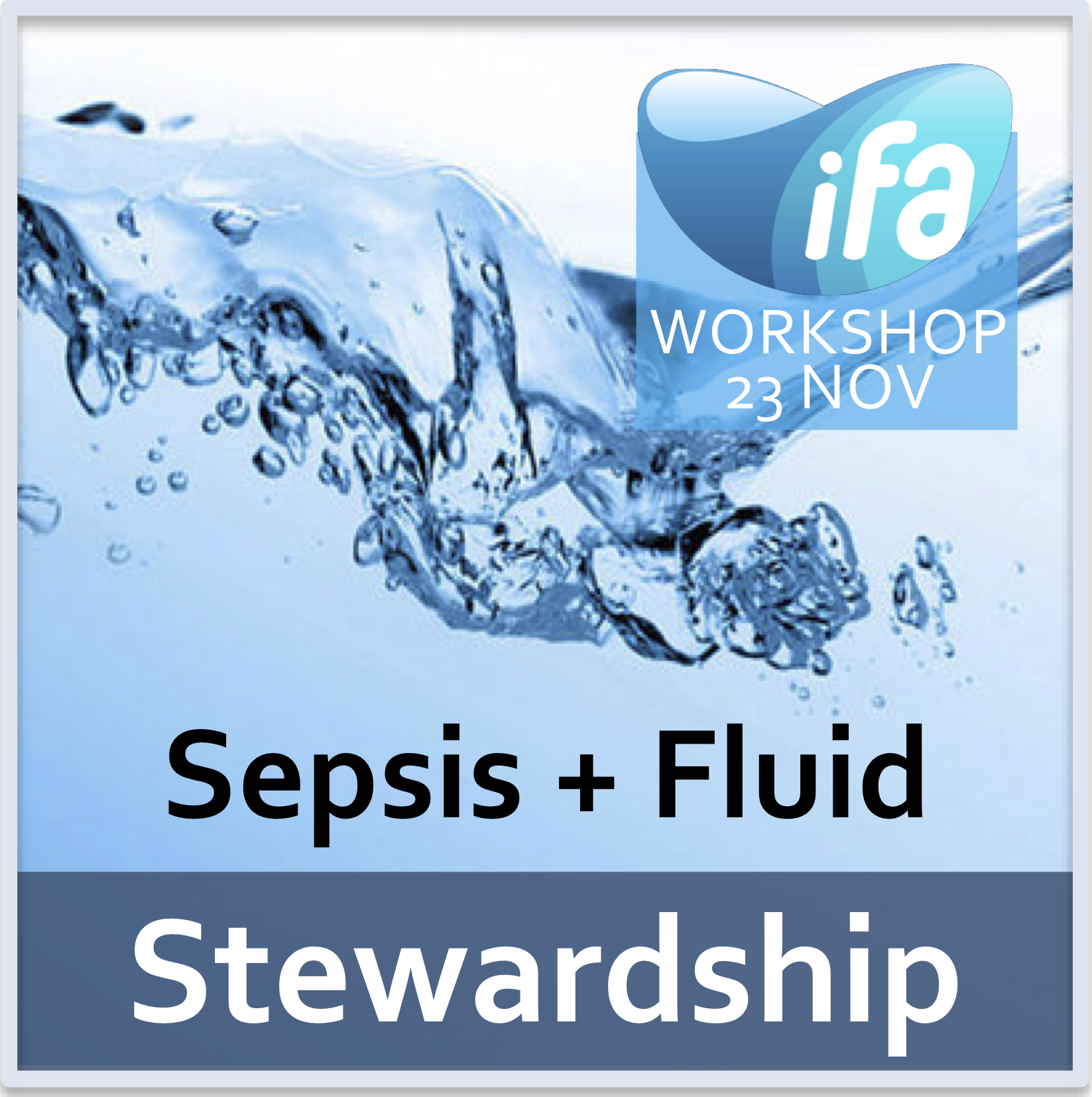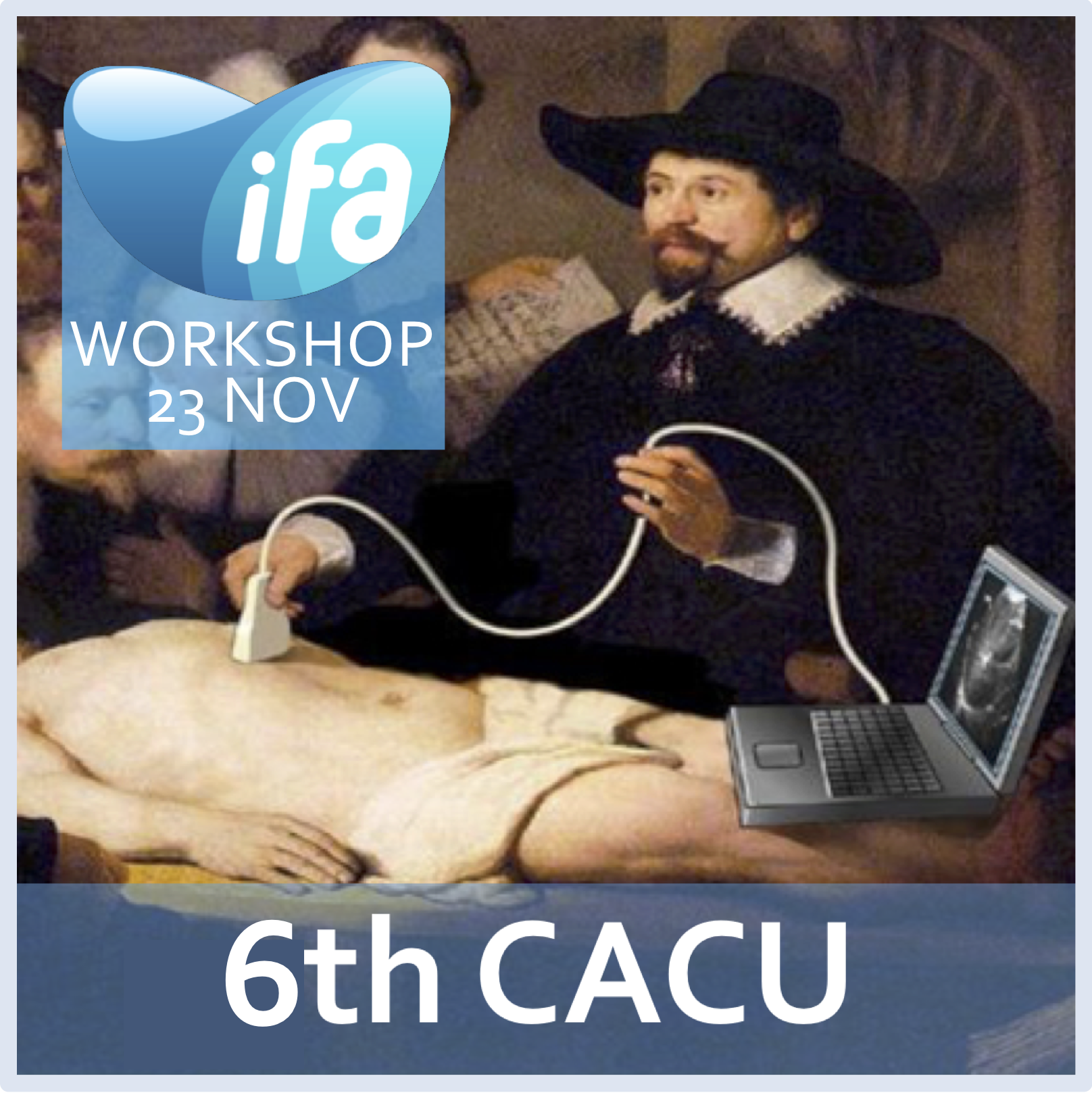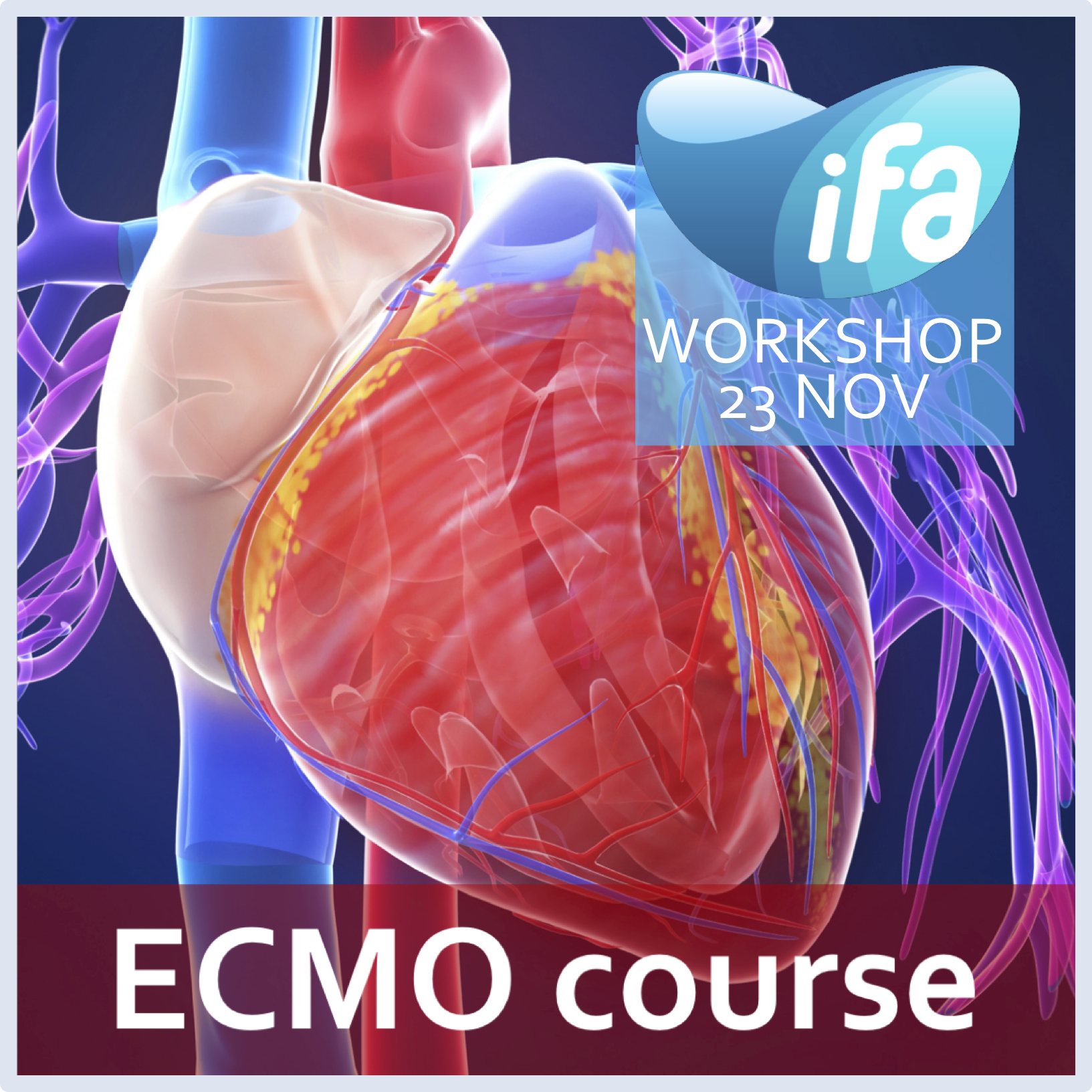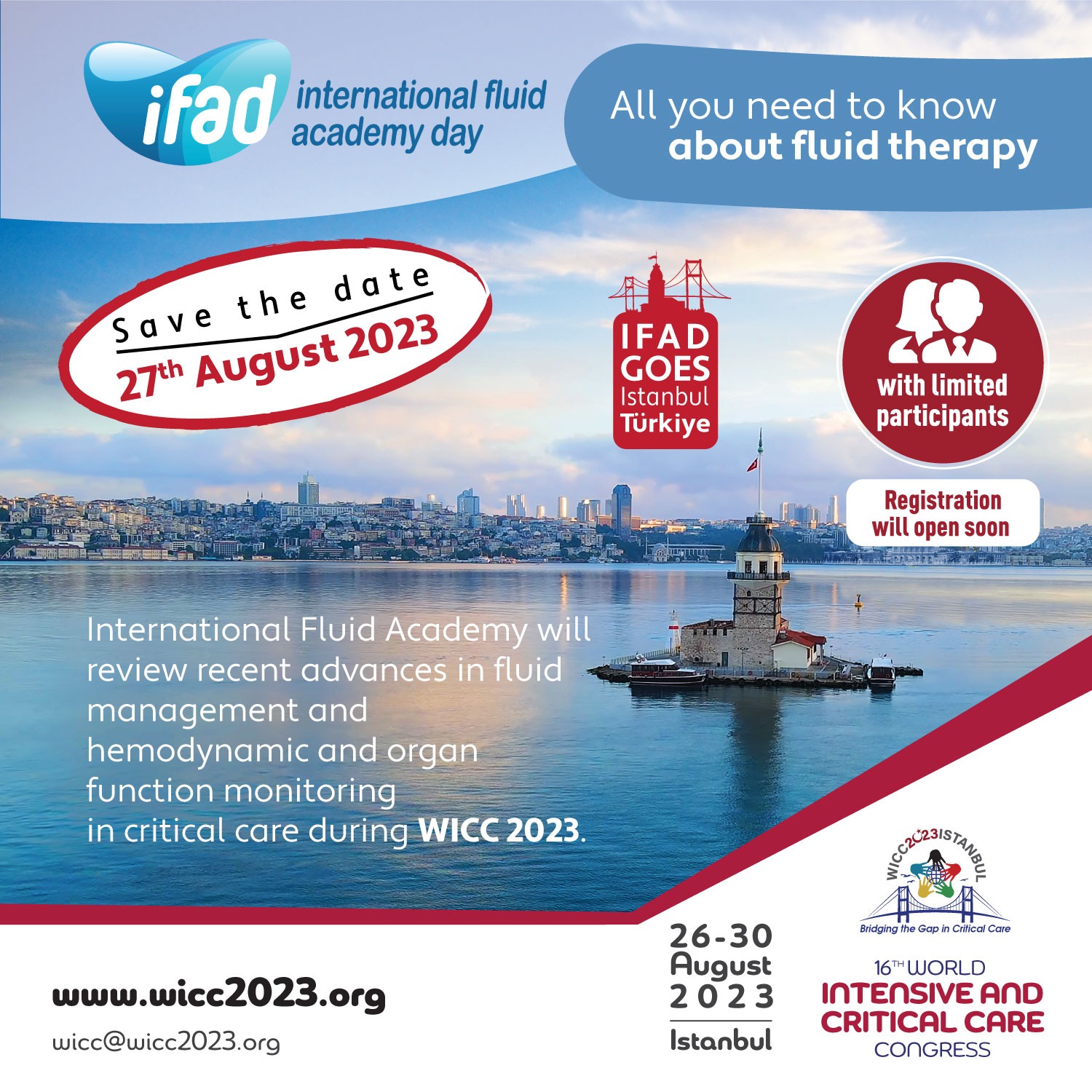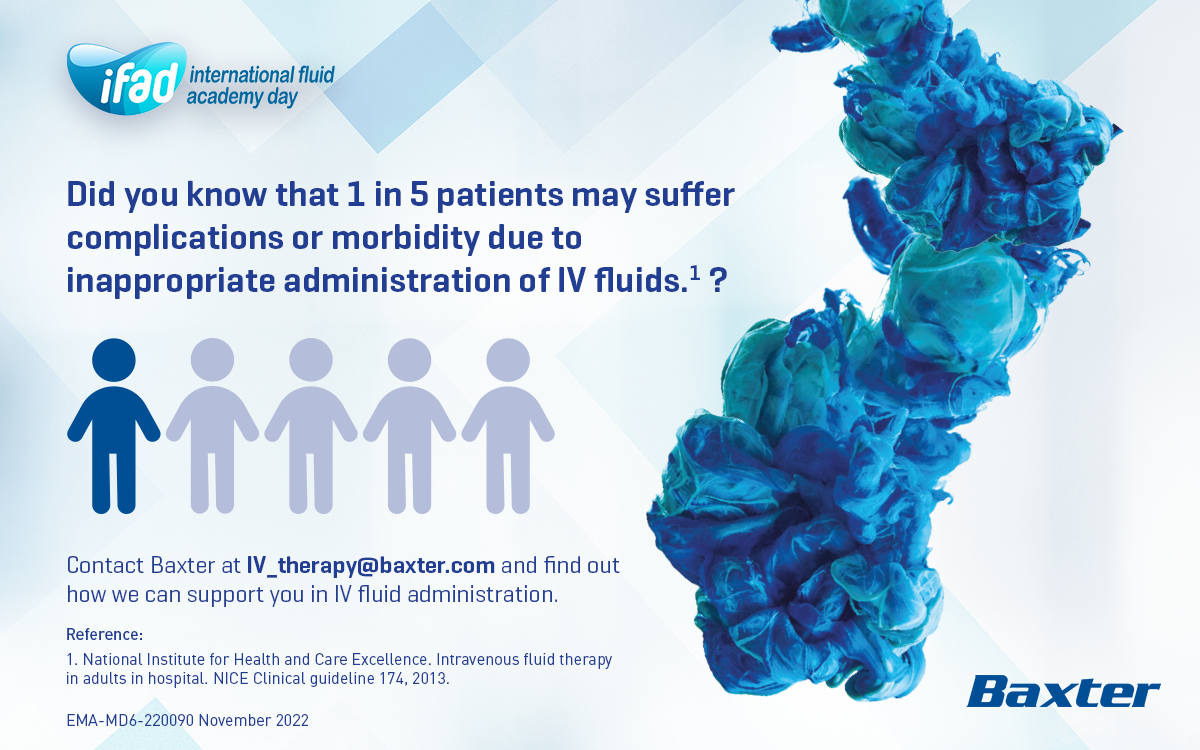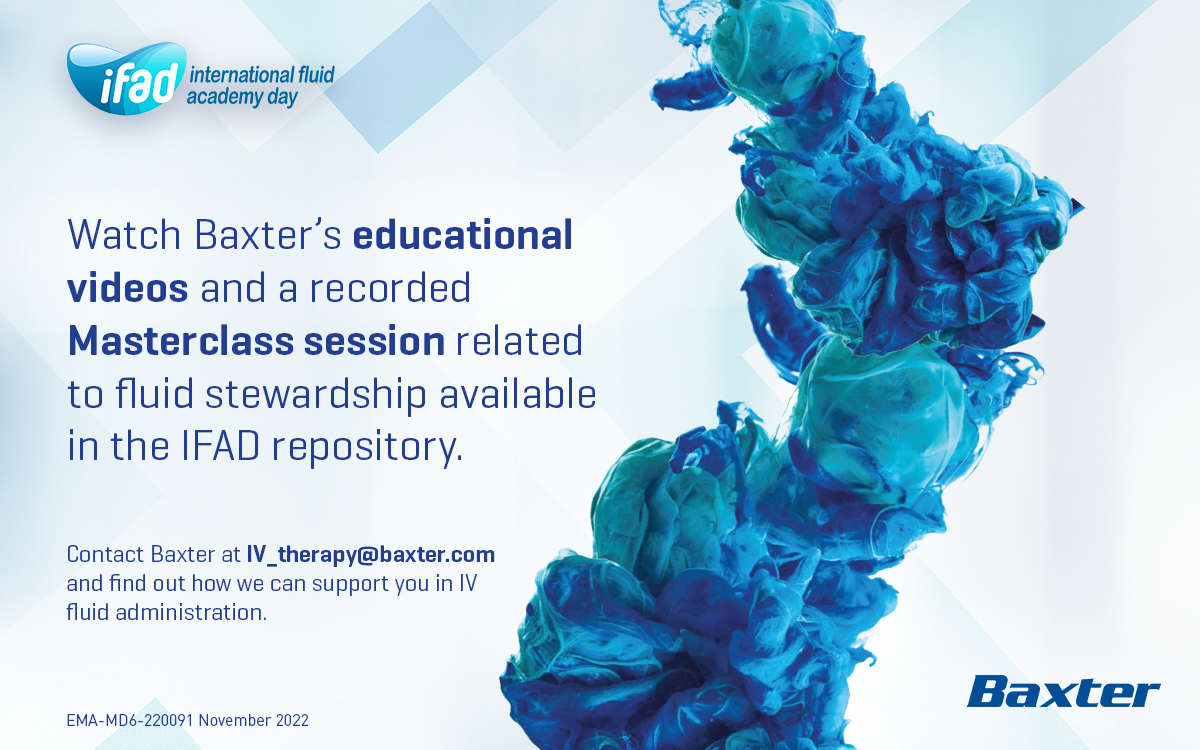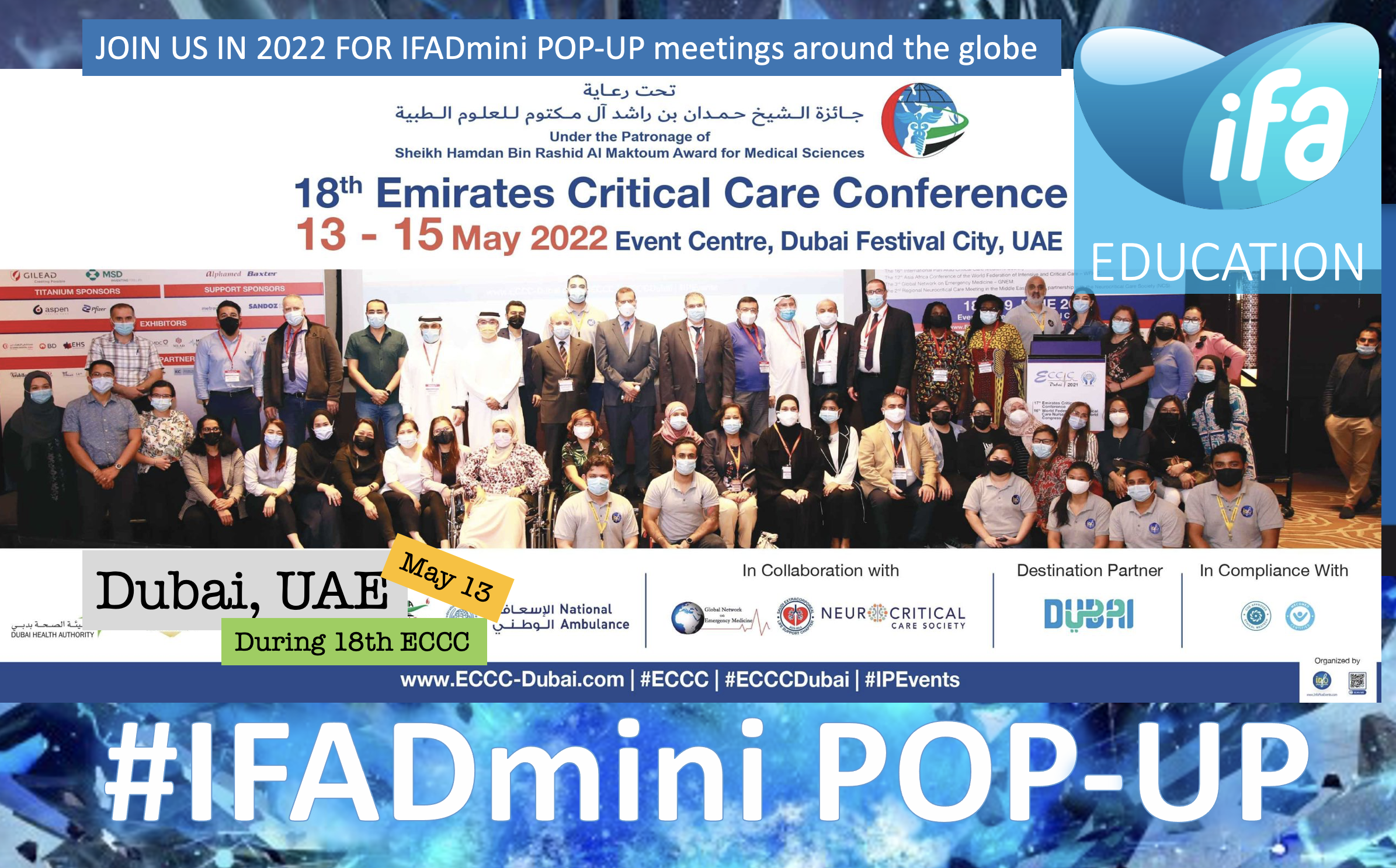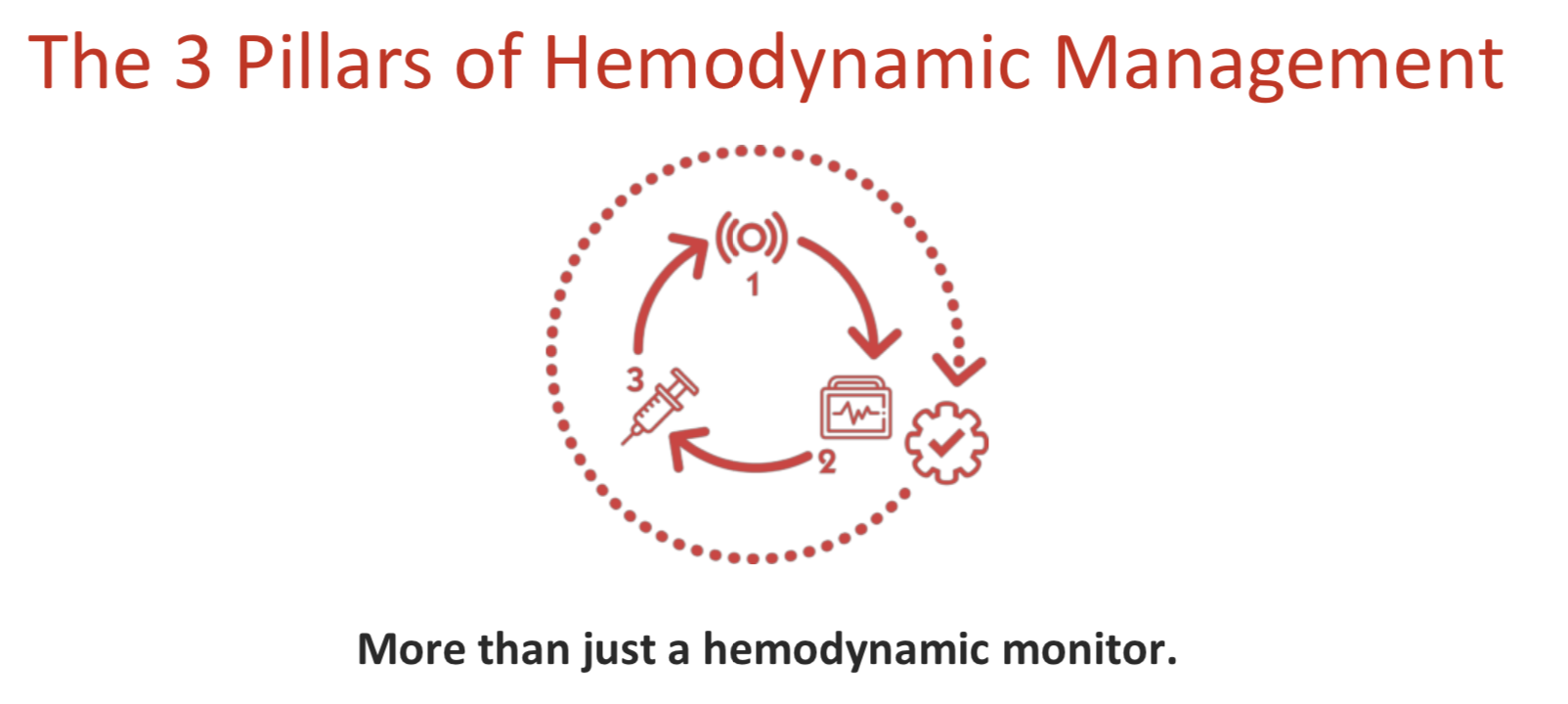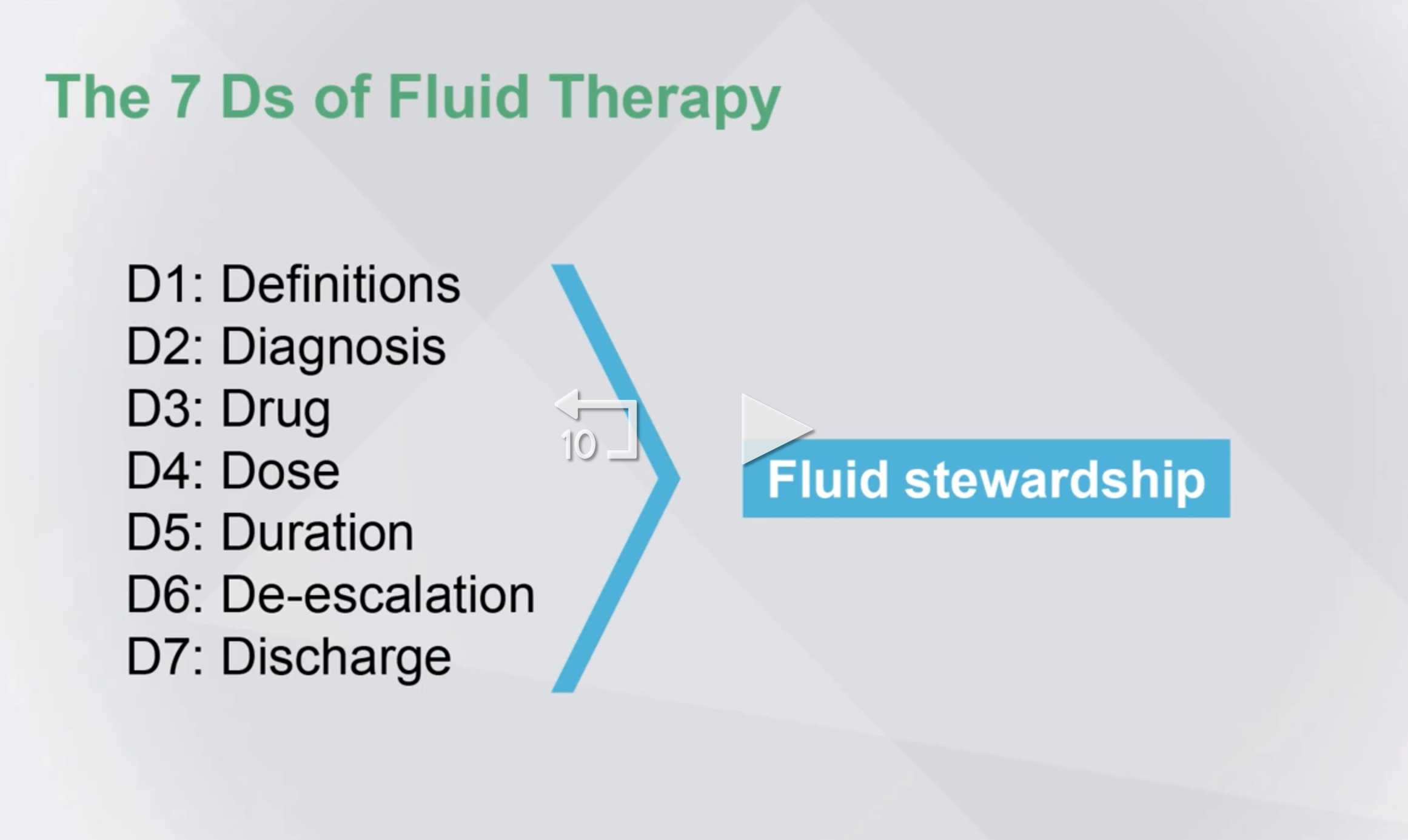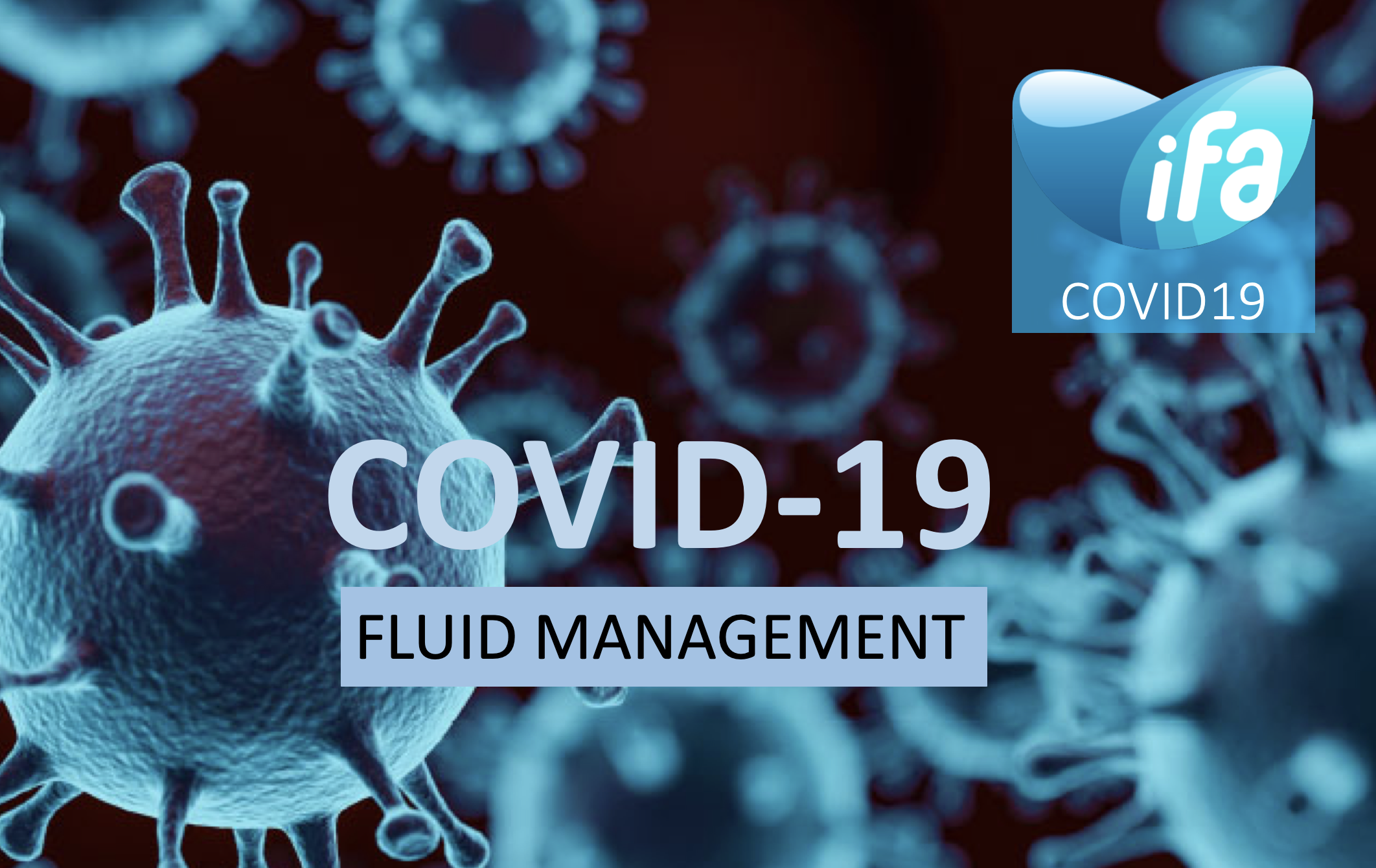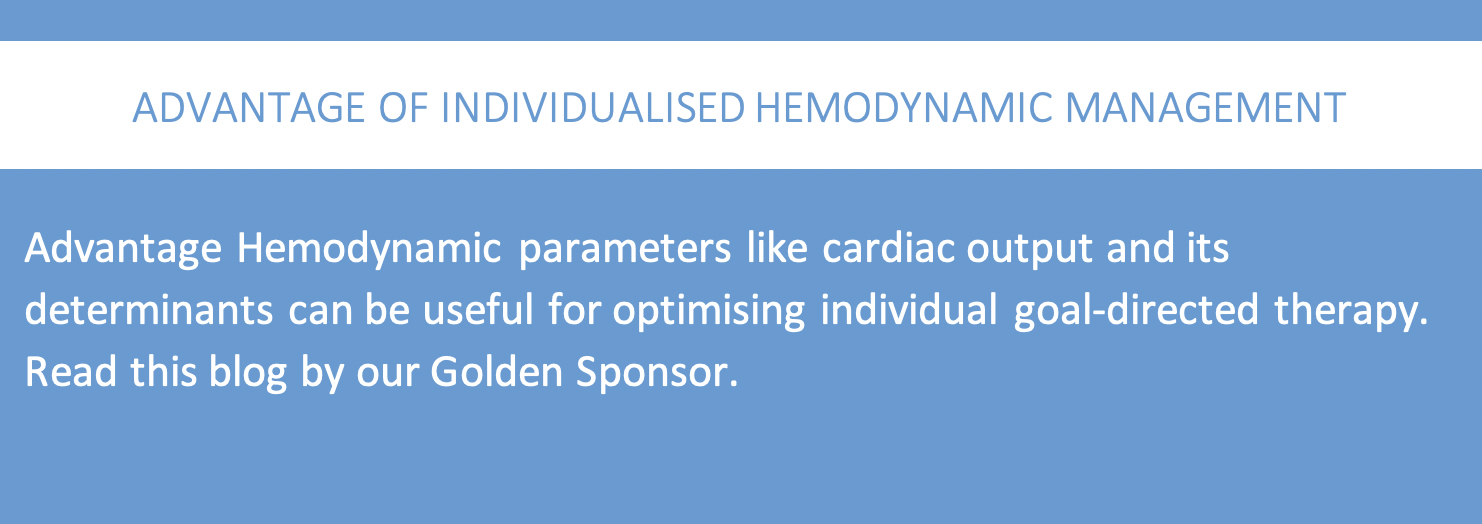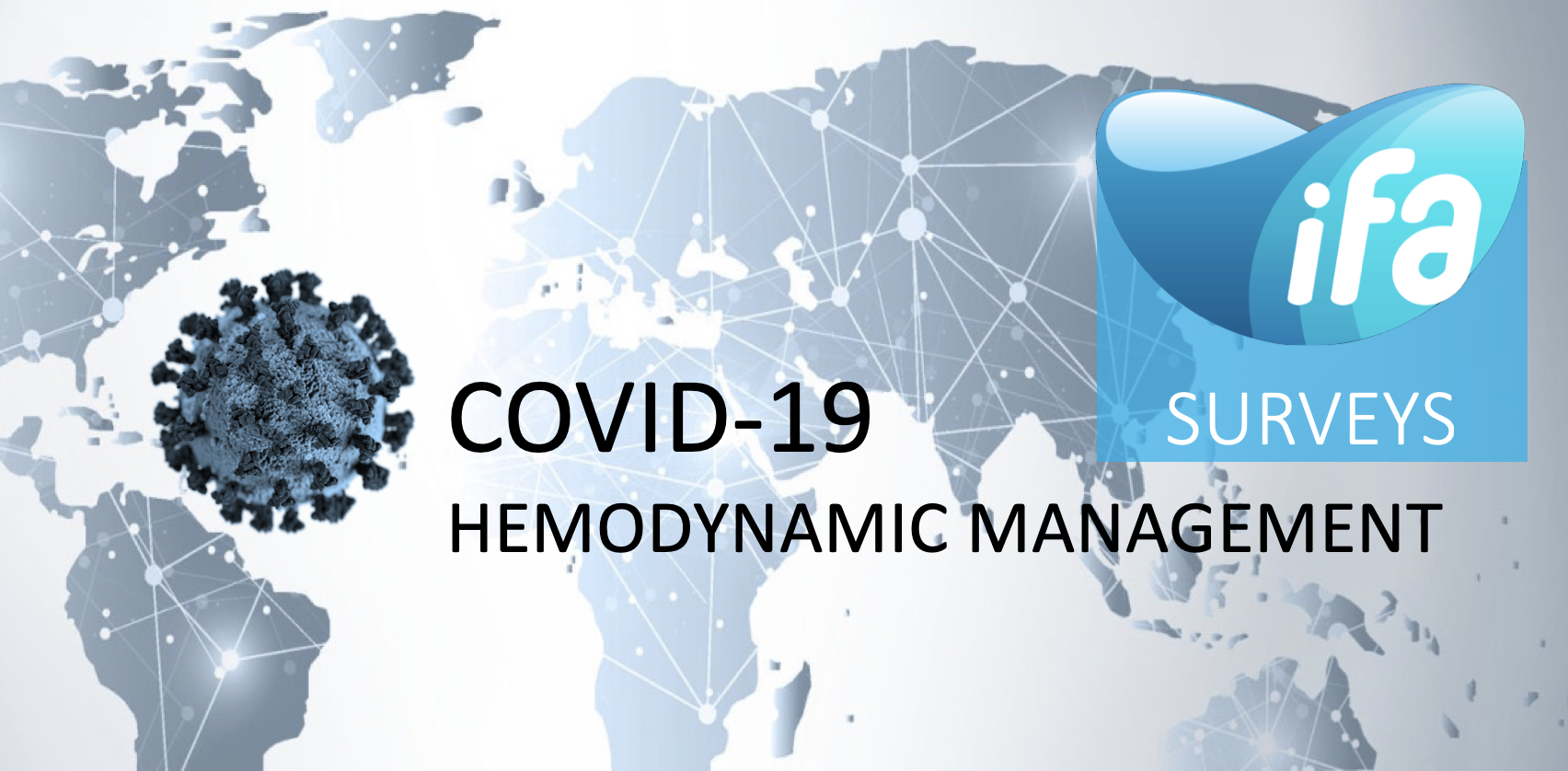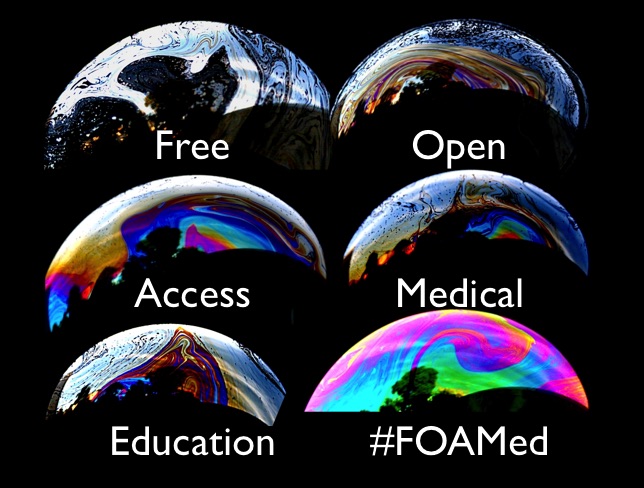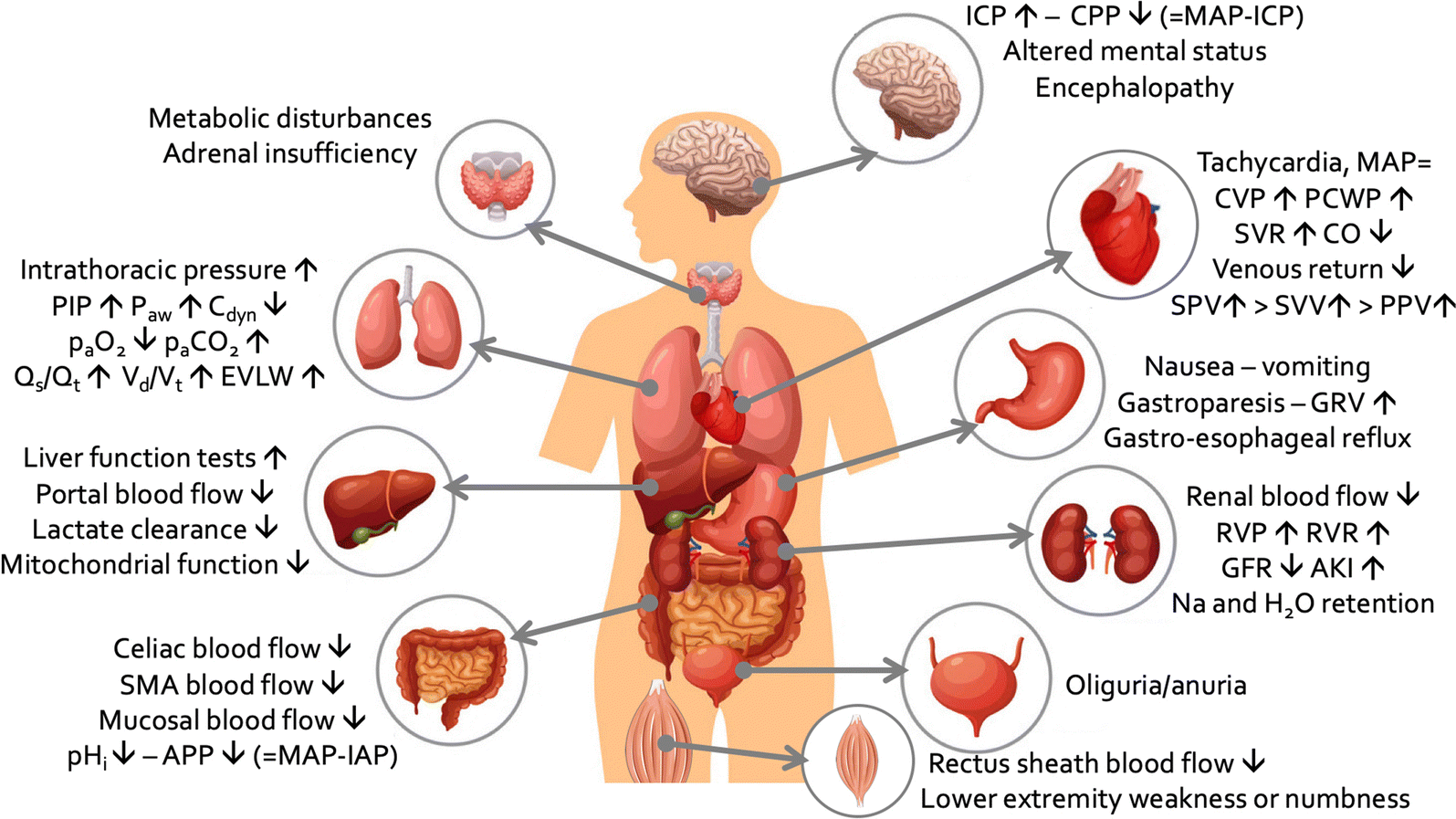-
Become an IFA member
Are you ready to immerse yourself in a world of knowledge, collaboration, and innovation? Welcome to the new members portal of the International Fluid Academy (IFA) – your gateway to a vibrant community of over 1700 healthcare professionals from every corner of the globe!
At the IFA Members Portal, the possibilities are boundless. Whether you're seeking cutting-edge research papers, insightful blogs, enlightening videos, or comprehensive guidelines, our portal is your one-stop destination. From the latest advancements in intravenous fluids to intricate hemodynamic monitoring techniques, we've got you covered.
But that's not all. We're not just a platform; we're a family of passionate individuals united by a common goal – to enhance the care and outcomes of critically ill patients worldwide. And now, we're inviting YOU to be a part of this dynamic community!
Here's what you can expect as an IFA member:
- ✨ Connect and collaborate with like-minded professionals across diverse specialties and continents.
- ✨ Gain exclusive access to a treasure trove of resources including books, presentations, and more.
- ✨ Stay ahead of the curve with the latest developments and best practices in fluid management and hemodynamic optimization.
- ✨ Elevate your profile and expertise by standing as an ambassador for your local national IFA country chapters.
Join us in our mission to revolutionize critical care. Together, we can make a real difference in patient outcomes and shape the future of fluid management.
Ready to embark on this transformative journey? Click the link below to unlock a world of possibilities!
See you on the other side!
Warm regards,
The International Fluid Academy Team -
Get the Fluid Book
The IFA Open Access Book has already been downloaded 600.000+ times
This open access book, published by Springer under the Open Access CC BY 4.0 Licence in collaboration with the International Fluid Academy (IFA, www.fluidacademy.org), explores rationalized intravenous fluid therapy for critically ill patients. Despite being commonly prescribed in inpatient settings, intravenous fluids are often administered without evidence-based guidelines, neglecting essential considerations such as the fact they are drugs, that need proper dosing, duration, indications, contraindications, side effects, and de-escalation. This book fills this knowledge gap.
Each chapter starts with a clinical vignette and a related question, followed by a concise summary abstract, key learning points, main text, and a conclusion that addresses the clinical question and provides relevant take-home messages. Additionally, every chapter includes an IFA commentary referencing the latest literature and evidence. The book begins with an introductory chapter that provides definitions and terminology, followed by four sections.
The first section covers the fundamentals of intravenous fluid therapy, including fluid compartments in sick patients, fluid bolus dynamics, heart-lung interactions, fluid challenge, fluid responsiveness, arterial blood gas analysis based on traditional and Stewart concepts, and electrolyte physiology relevant to clinical issues. The second section discusses commercially available intravenous fluids, while the third section focuses on fluid therapy in specific clinical situations. The final section introduces the concepts of fluid stewardship and appropriate fluid prescription.
Happy Reading

Become a free member!
Fluid_Academy
-

Fluid Academy
Interesting data on impact of early supplemental parenteral nutrition on outcomes #ISICEM23 #Pierre_Singer -
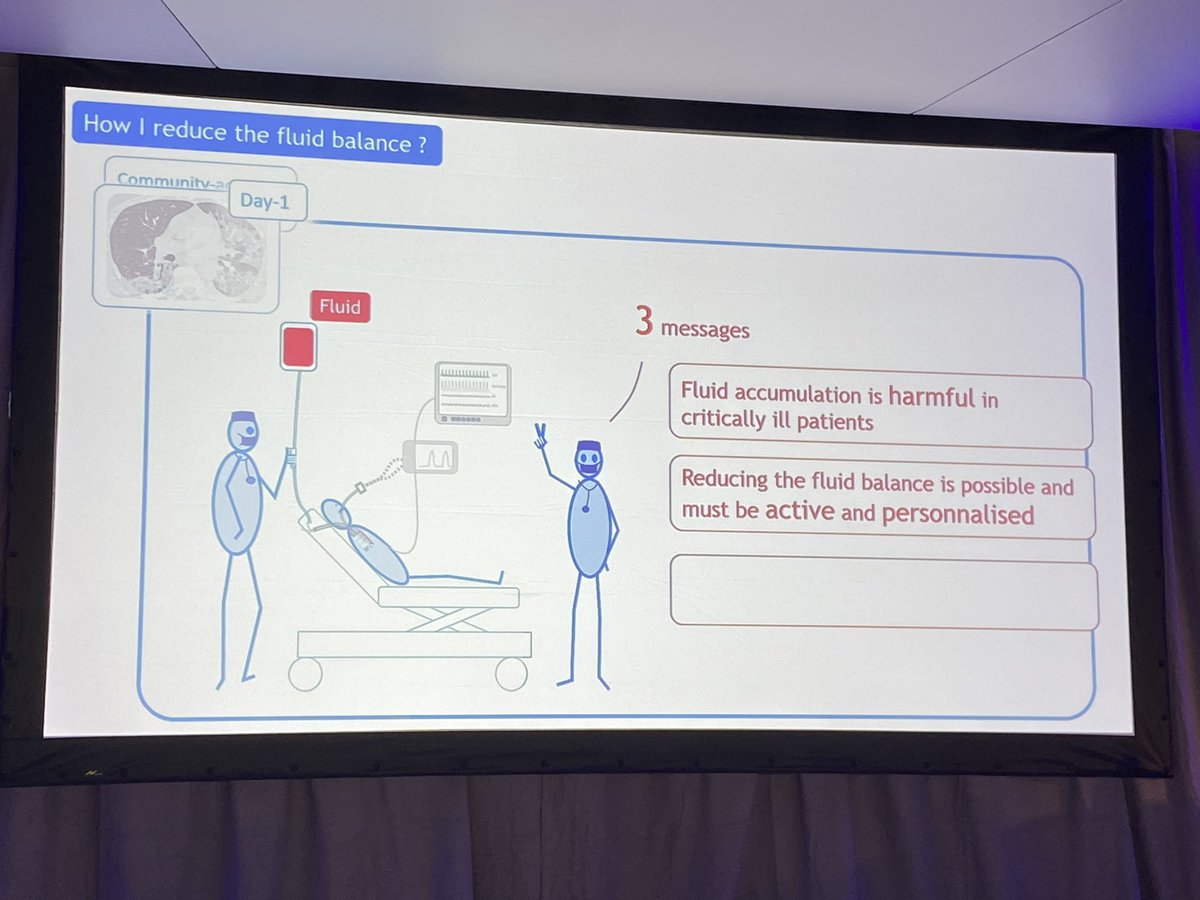
Fluid Academy

